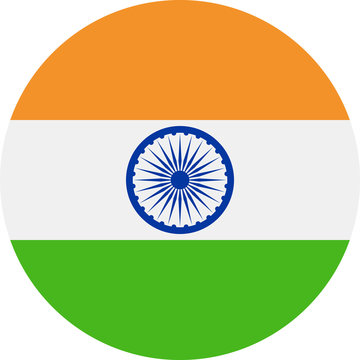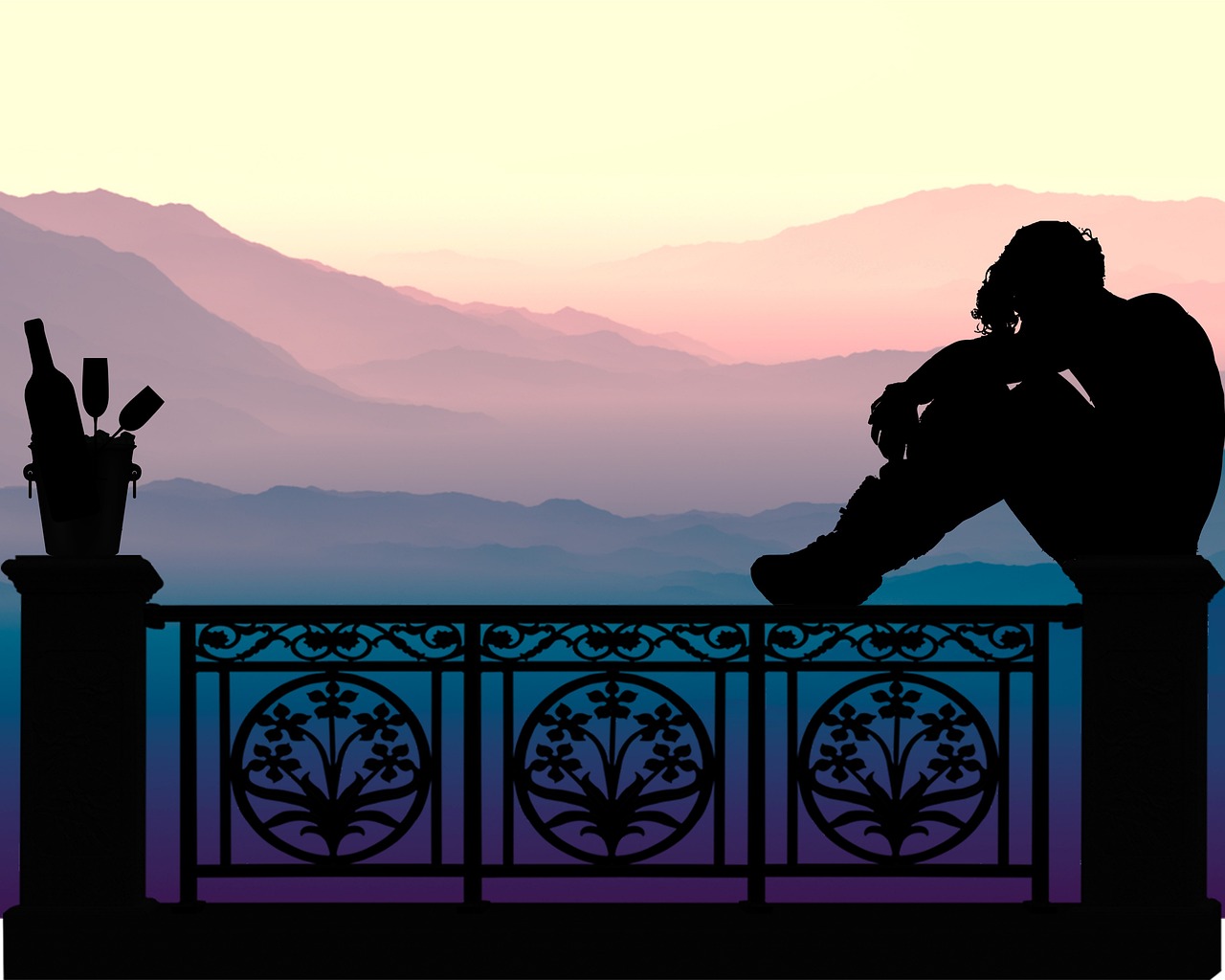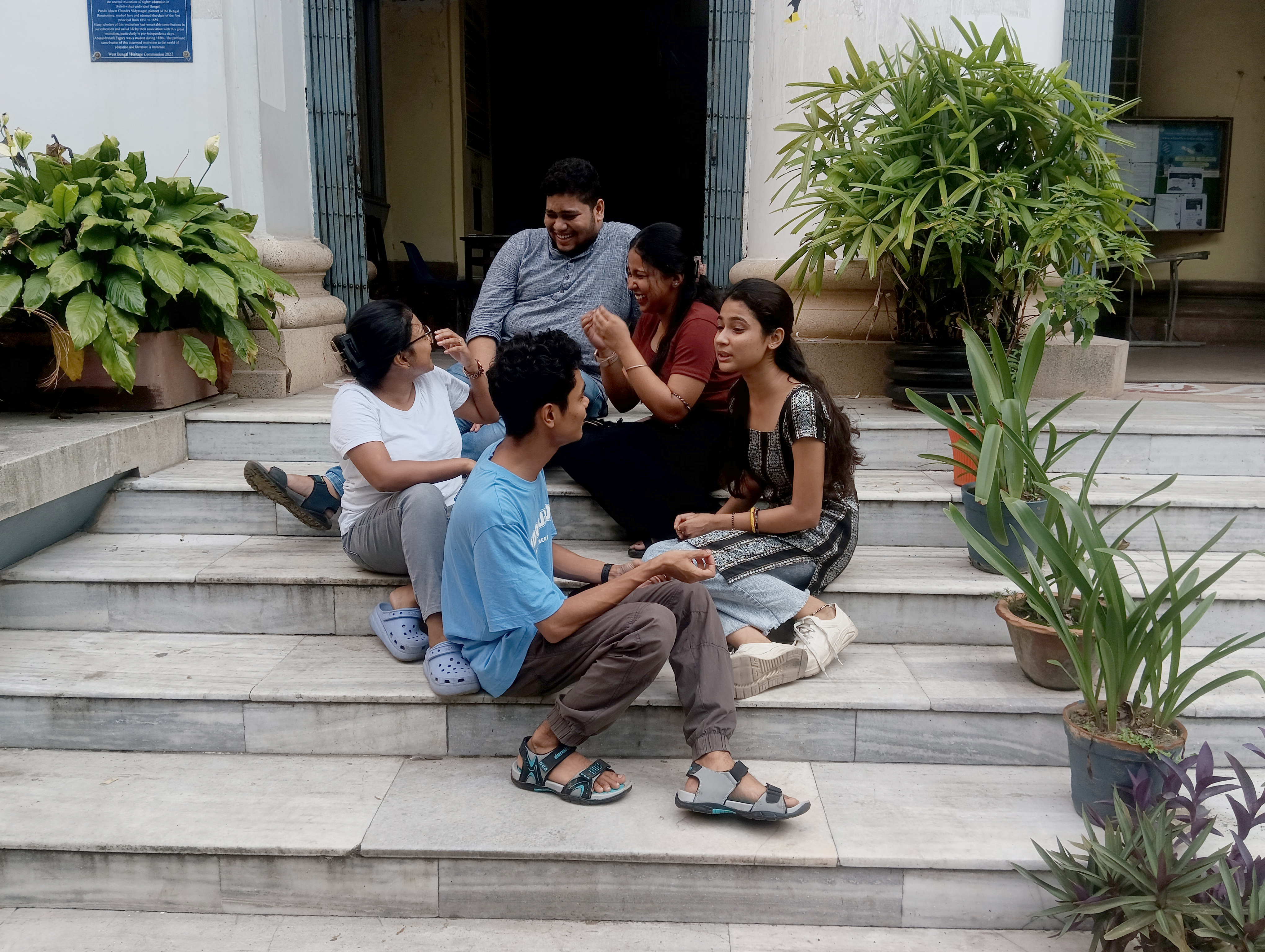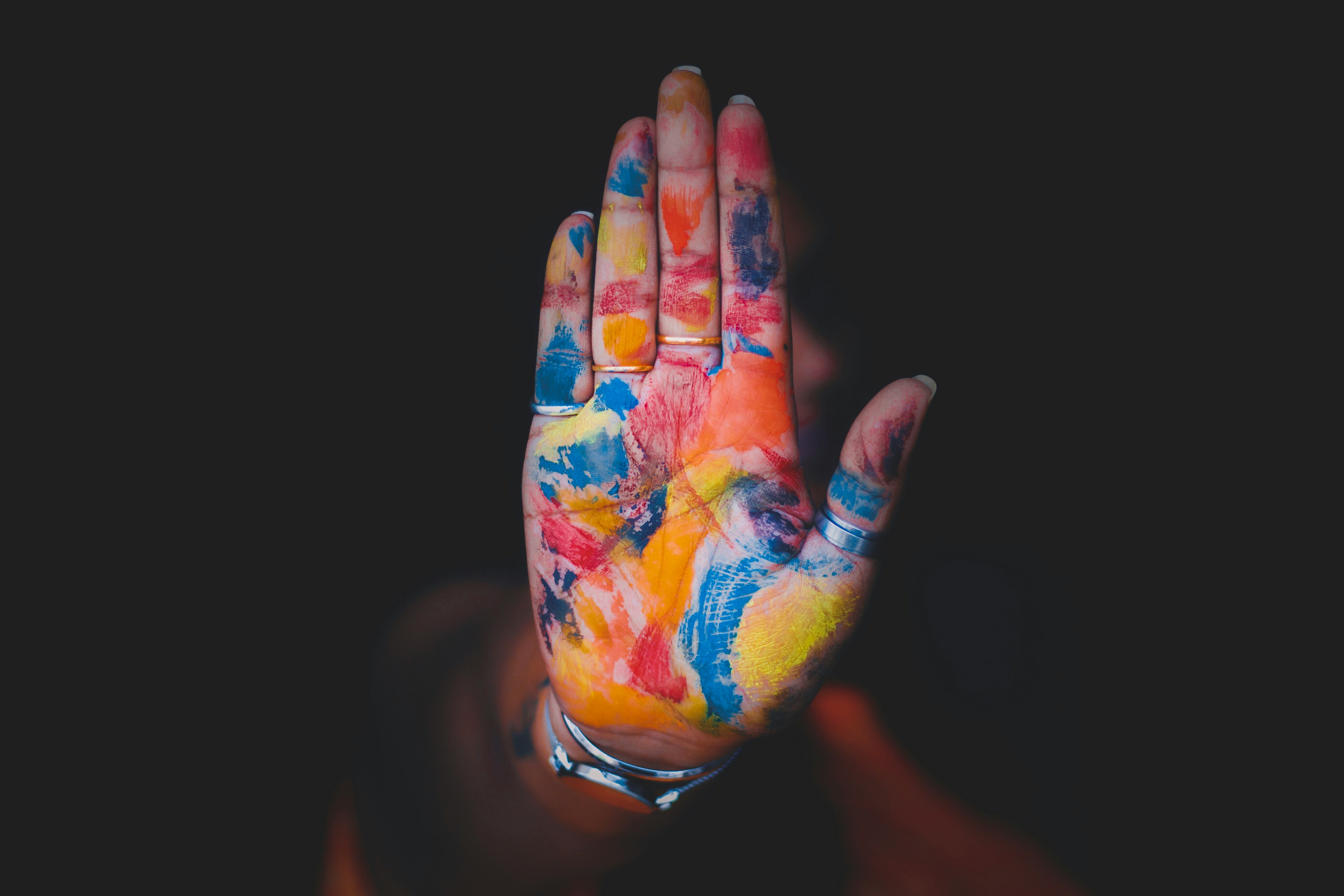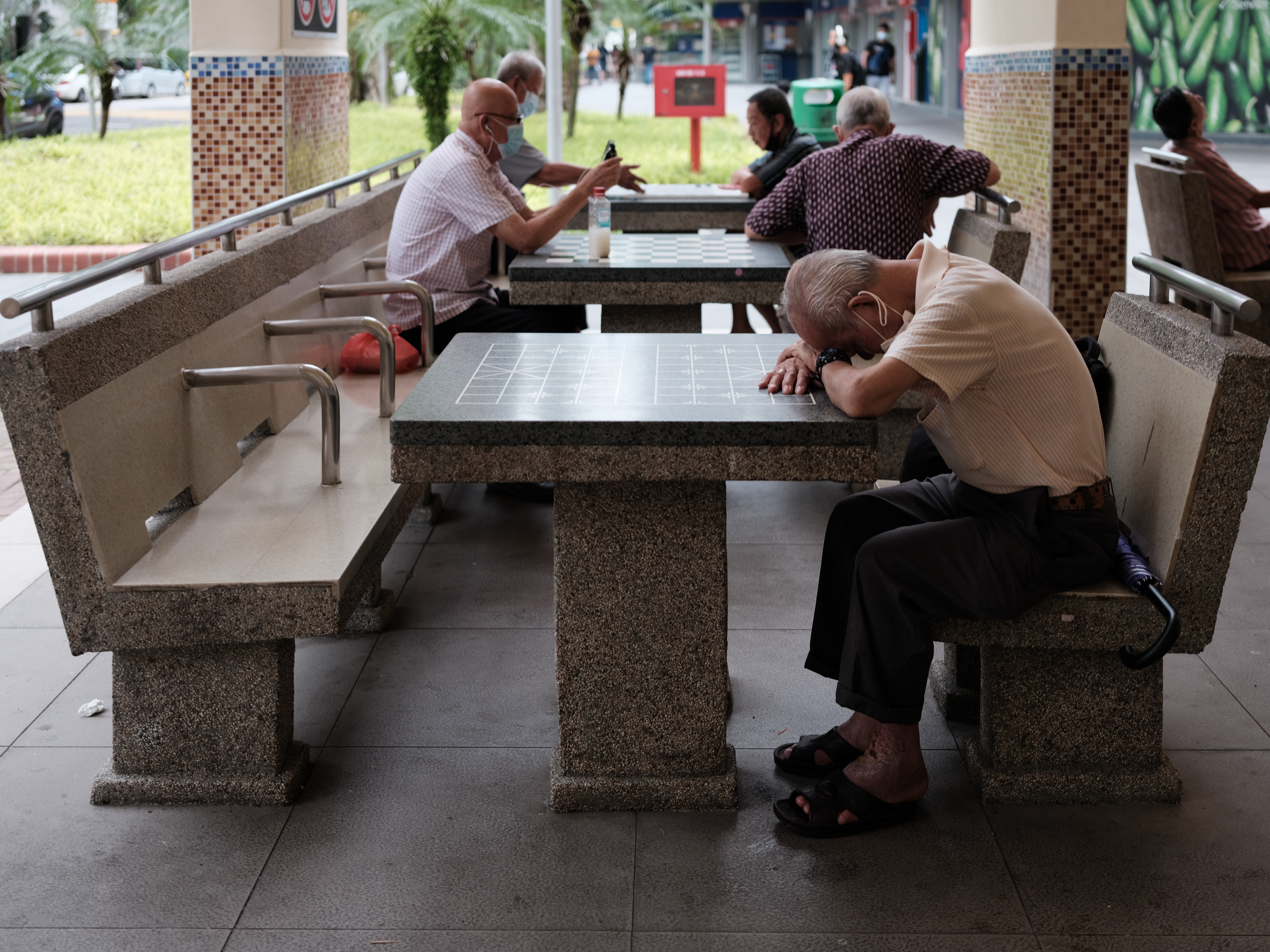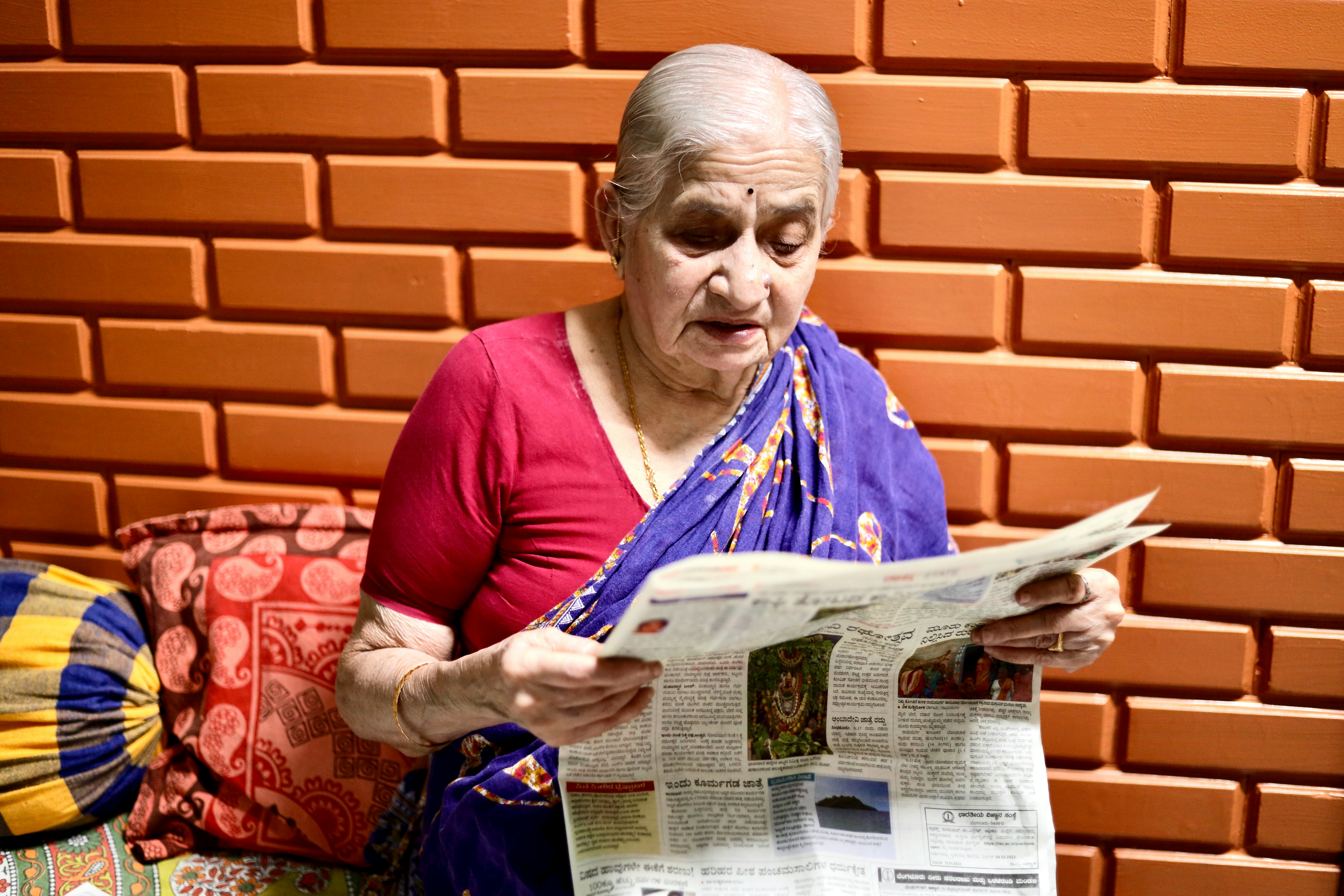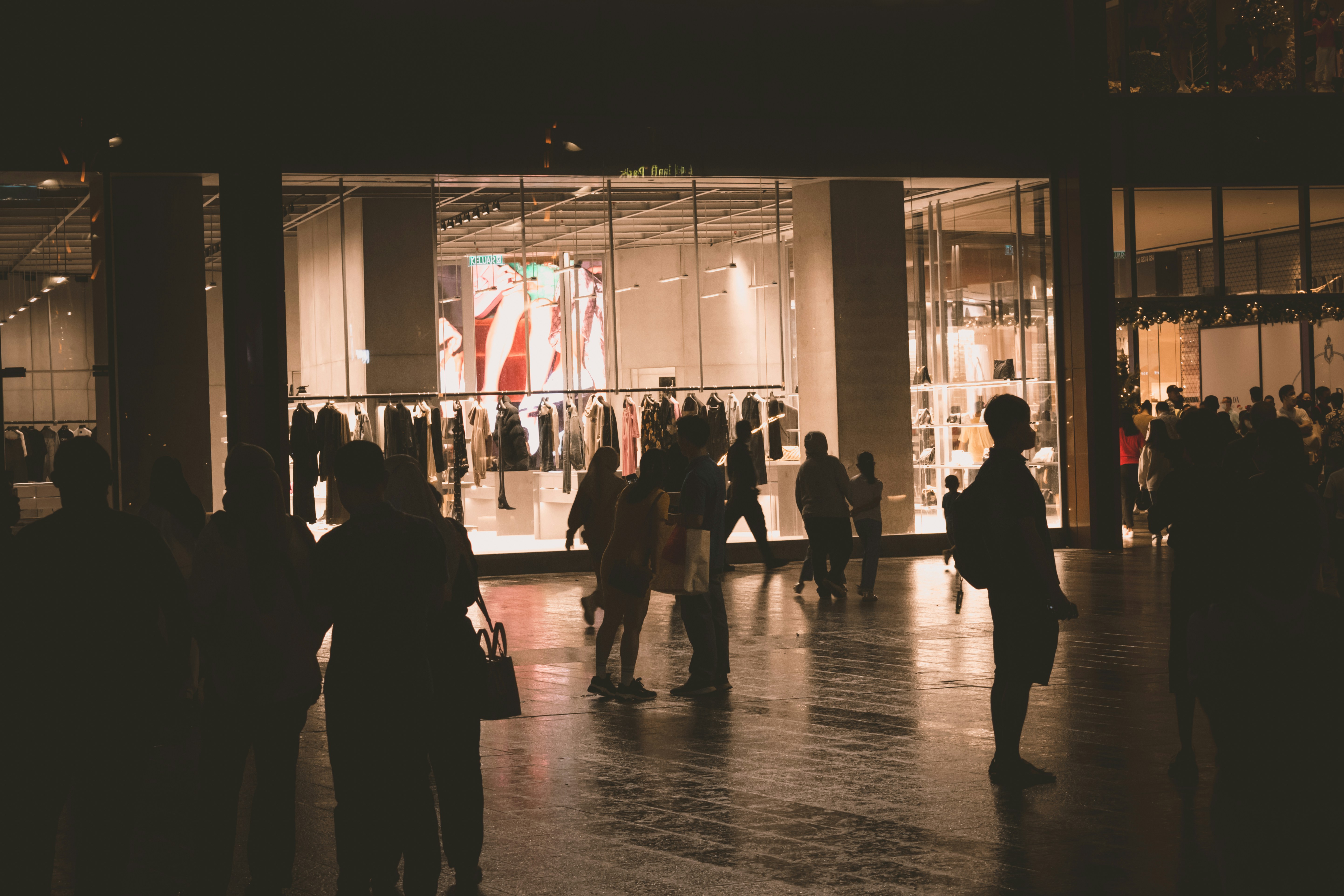Nearly half of over 14,000 people who took part in a Meta-Gallup social connections study reported some degree of loneliness and some struggled to get help.
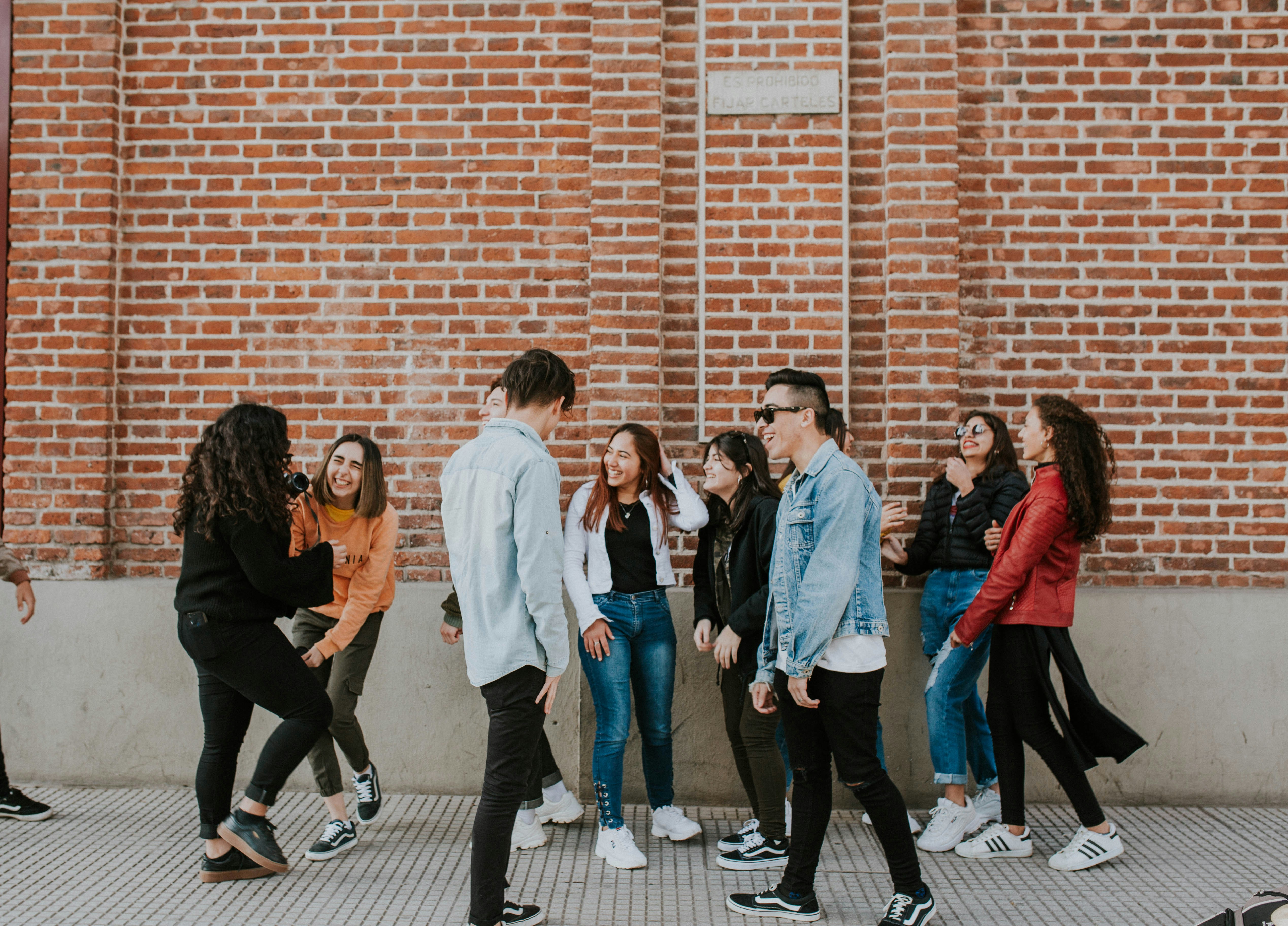 Most people get help from friends living close by, but countries have different ideas about who else can provide support. : Nicholas Lobos/Unsplash Unsplash licence
Most people get help from friends living close by, but countries have different ideas about who else can provide support. : Nicholas Lobos/Unsplash Unsplash licence
Nearly half of over 14,000 people who took part in a Meta-Gallup social connections study reported some degree of loneliness and some struggled to get help.
A Meta-Gallup study has found just under half of 14,000 survey respondents across seven countries report some degree of loneliness.
In November 2023, the World Health Organization launched a new Commission on Social Connection “to address loneliness as a pressing health threat”, in part exacerbated by the COVID pandemic.
The Meta-Gallup study surveyed people in Brazil, Egypt, France, Indonesia, India, Mexico and the United States. Loneliness was most pronounced in India, where nearly 60 percent of people reported feeling a little, fairly or very lonely.
The State of Social Connections Study interviewed at least 2,000 people aged 15 or over in each country about how they felt about loneliness, their connections to other people and how supported they felt between April and June 2022.
Around three-quarters said that they felt either very or fairly connected to other people and as many said that they felt very or fairly supported by others.
Breaking down the support
The survey also asked questions about different kinds of support people might need.
Most respondents reported that they always had someone to take care of them if they were sick or injured — although in most countries, 5 to 10 percent of people said they never did.
Other forms of support were more mixed. Around half of respondents reported always having someone who would listen to them and a similar number reported always having someone who made them feel loved and cared for.
But people respondents could have fun with or who would loan them money were more likely to be sometimes or rarely available.
Support since the pandemic
The survey also gave respondents a chance to reflect on how their levels of loneliness, connection and support had changed after the pandemic, compared to before.
On average, half of all the respondents said their levels had not changed. But for those people for whom it had the results appear positive: overall the people reporting less loneliness and more connection and support, outnumbered those whose circumstances had deteriorated.
Only people in India and the United States didn’t follow this trend. In the US, people reporting more loneliness outnumbered those reporting less. In India, people reported less support than more. And in both the US and India, people reporting less connection outnumbered those reporting more.
Who provides support?
When asked who they reached out to for help or support over the last month, friends or family who lived nearby or with the respondent was the most popular response.
People from Egypt and Indonesia reached out to others for help or support the most overall and were more likely to have asked for help from neighbours, classmates, workmates or friends or family that lived far away than respondents in other countries.
Studies show that feeling connected to other people is crucial for both our physical and mental health. Researchers are still working to understand how best to address loneliness and social isolation given the many different ways they can occur across the world.
While studies like this provide some context, they are ultimately but a small piece of the overall puzzle and ongoing research efforts are needed.
Originally published under Creative Commons by 360info™.
Editors Note: In the story “Loneliness epidemic” sent at: 11/07/2024 14:45.
This is a corrected repeat.


